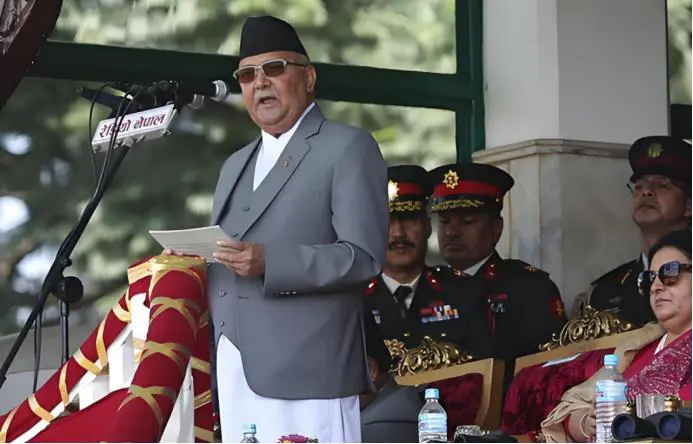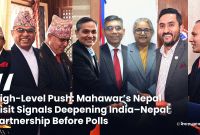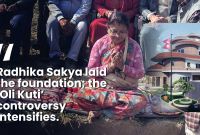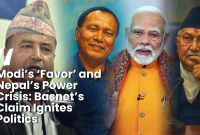One Year, Endless Scandals: How PM Oli’s Nepal Government Sparked Nationwide Fury

Exactly one year after Prime Minister K.P. Sharma Oli returned to power promising sweeping constitutional reforms, good governance, and economic revival, Nepal finds itself ensnared in a storm of broken promises and widespread public outrage. The coalition government, composed primarily of Oli’s CPN-UML and the Nepali Congress, took office on July 15, 2024, amid high expectations and ambitious pledges. Yet today, the nation grapples with unfulfilled promises, stifling corruption controversies, and a palpable sense of betrayal among citizens.
The past twelve months have witnessed multiple nationwide protests as frustration with the Oli administration boiled over onto the streets. The Nepal Teachers' Federation mobilized massive protests throughout April 2025, demanding educational reforms and transparency, while royalist groups led by the Rastriya Prajatantra Party staged dramatic demonstrations advocating for a return to monarchy. Victims of cooperative fraud, along with disgruntled groups such as Durga Prashain’s supporters, further amplified the collective discontent, underscoring a growing trust deficit with the government.
Further tarnishing Oli’s governance are alarming corruption scandals directly implicating two of his cabinet ministers. Minister for Federal Affairs and General Administration Rajkumar Gupta resigned in July 2025 following leaked audio recordings revealing an alleged bribe demand of NPR 7.8 million for government appointments. Minister Balram Adhikari of Land Management also faced damaging allegations of accepting NPR 3.2 million in bribes, fueling accusations of widespread corruption within Oli’s cabinet. Although other ministers remain unscathed due to lack of leaked evidence, numerous investigations by the Commission for the Investigation of Abuse of Authority (CIAA) involving government officials persist, casting a long shadow over the administration’s integrity.
Prime Minister Oli himself remains embroiled in a series of damning controversies, reflecting his critics' accusations of authoritarianism and misuse of power. Former Prime Minister Madhav Kumar Nepal openly accused Oli of exploiting the CIAA to settle political scores by implicating him in corruption cases related to Patanjali Yogpeeth land deals. The procurement of wide-body aircraft by Nepal Airlines during Oli’s tenure has also attracted intense scrutiny due to allegations of bribery involving a U.S. firm, further highlighting governmental opacity and fiscal mismanagement.
Land-related controversies have become emblematic of Oli’s tenure. The Supreme Court rebuked his government for the controversial Giri Bandhu Tea Estate land swap scheme, which sought to exchange protected land via an ordinance that critics condemned as an attempt to circumvent judicial oversight. Equally controversial was the opaque 25-year lease granted to Yeti Group for Gokarna Resort—criticized by Nepal’s Auditor General as a violation of fairness and transparency principles.
The broader governance crisis under Oli is exemplified by his reliance on ordinances to bypass parliamentary approval, igniting outrage from observers and coalition partners who warn of eroding democratic norms. Opposition leaders consistently allege Oli’s misuse of state institutions, including the CIAA and police, to target political adversaries like Madhav Nepal and media figure Rabi Lamichhane, creating fears of politicized persecution. Meanwhile, his feud with Kathmandu Mayor Balen Shah—who publicly labeled Oli "a leader of the corrupt"—has highlighted internal discord and punitive politics at the highest government levels.
One year into Oli’s leadership, routine infrastructure work masks deep-seated failures to improve the economy or fulfill the transformative constitutional amendments promised at the outset. As the nation reflects on the controversies and public disillusionment surrounding Oli’s tenure, Nepalis are left asking: How long can a government sustain itself amid endless scandals, broken promises, and growing public despair? The answer may well determine the future of democracy and governance in Nepal.




![From Kathmandu to the World: How Excel Students Are Winning Big [Admission Open]](https://www.nepalaaja.com/img/70194/medium/excel-college-info-eng-nep-2342.jpg)
